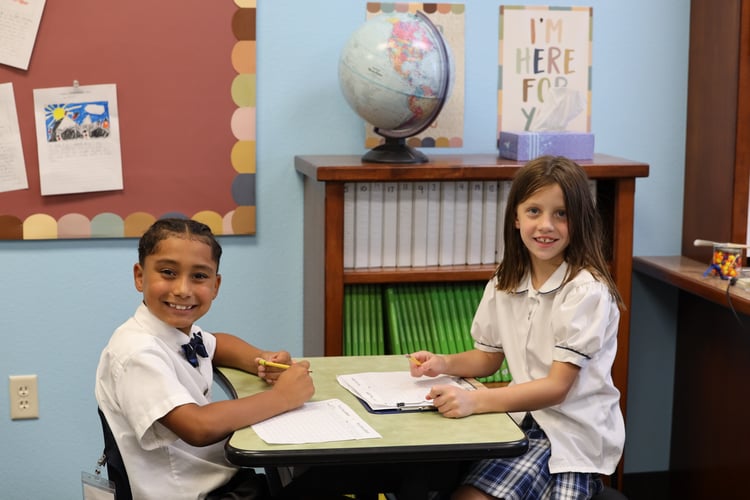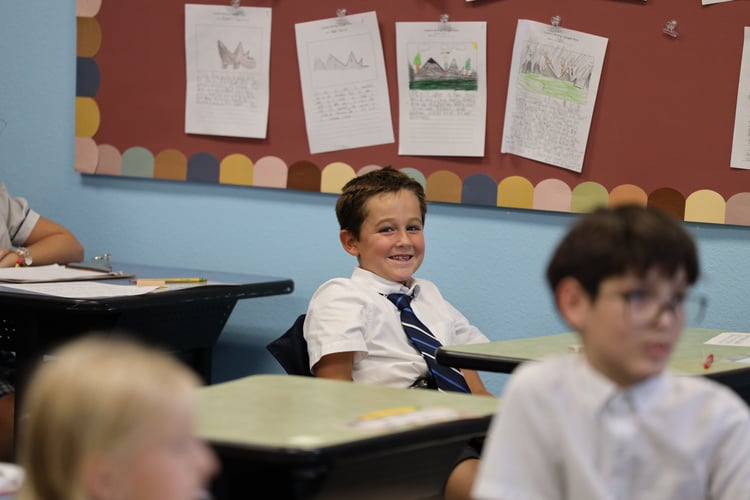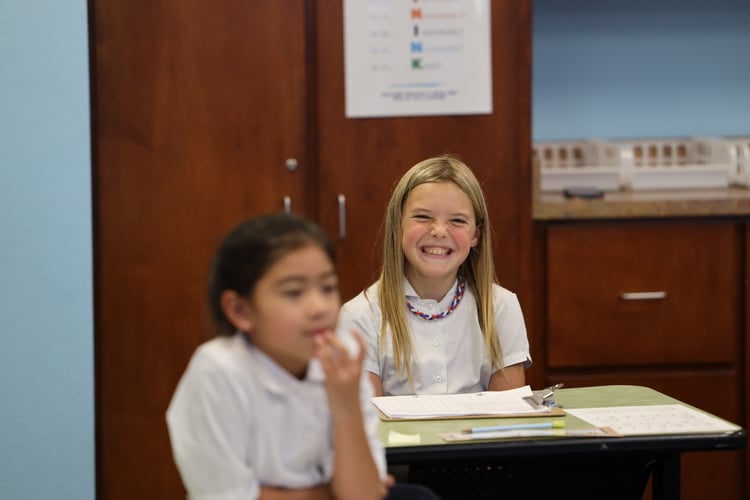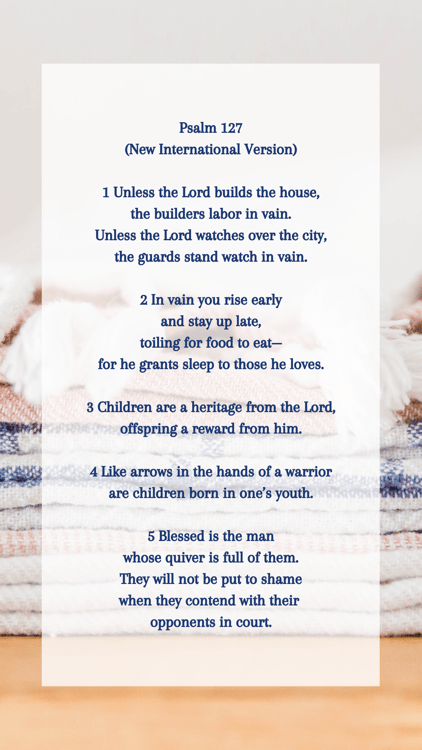
I remember exactly where I was when I first heard about the Sandy Hook school shooting. It was close to Christmas and I was sitting in the carpool line waiting to pick up my step-daughter from her elementary school. At the time, those violent events were extremely sad but also seemed so far away.
Over time, things have moved closer and closer to my quiet suburban life.
Last spring, a small Christian school with a similar name as ours made the sad and growing list of schools affected by shootings. This atrocity was followed shortly by the events at Allen Outlet Mall. My sister and her family live close to that mall and shop there frequently, and my nephews went to school with some of the victims.
I know this sounds self-focused, and it is.
Often, we as humans try to protect ourselves from horrible news by thinking, “Well, that can’t happen to me.” As a physician, I saw a lot of that denial during the recent global pandemic. Unfortunately, none of us are exempt from the trials and hardships of living in a fallen world.
Jesus even said, “I have told you these things, so that in me you may have peace. In this world you will have trouble. But take heart! I have overcome the world.” (John 16:33 New International Version (NIV)
As a pediatrician, it is my job to help parents navigate how to talk with children about school violence and safety at school.
Work Through Your Own Emotions First
Parents are human beings. We all have different reactions and emotions when it comes to hearing about a new tragedy. The sum of our life experiences contributes to our reaction to things like school safety guidelines, drills at school, and allowing strangers on campus where our children spend the majority of their days.
From thinking about our young children doing emergency drills during their school day or our middle school students facing the possibility of violence in school, we may want to curl up in a ball and put our hands over our ears. Unfortunately, denial of bad news about school safety issues will not make it go away.
As an adult and often family and community leaders, we need to come to terms with our own emotions before we address our children about violence.
Turn Off the News
While it is important to stay informed and not bury our heads in the sand, God never intended for us to consume so much about the world all at once. In one evening newscast, you can hear about new hardships on every end of the earth and back. Additionally, news reports of school shootings seem to be a regular occurrence in our current 24-hour news cycle.
While processing all of this information is difficult for adults, often, the news is even harder for children to follow and understand. News of tragic events can lead children to have intense reactions. Limit television viewing so that you can have a sense of control over how you approach difficult conversations with your children. Our job as parents is to provide age-appropriate information to our children about all aspects of life, from body image to news of school shootings.

Be Ready to Talk with Your Child
Parents often desire to avoid having difficult conversations with their children because they are afraid of navigating the content of conversations and the difficult questions that they will face. While a parent may not have all of the answers, finding time to incorporate conversations around school violence is an important topic in family discussions.
Age-Based Tips for Parents
- Start with open-ended questions to gauge your child's understanding no matter what age they are.
- Find a neutral environment for difficult conversations; sometimes, a great place for ongoing conversation is regular meal times with the family or incorporating the dialogue into daily life.
- Determine your words based on your child's emotional responses and level of understanding.
- Consider using picture books for young children.
- Discuss with older children how they can play a part in violence prevention among their friends and peers by reporting suspicious activity, acts of violence, or a friend who seems to be struggling to a school counselor or other trusted adult.
Some Kids Need Extra Help
If your child is showing signs of depression and /or anxiety that you cannot easily manage at home, please reach out to your child's pediatrician. Often, we can help you treat your child's symptoms and/or refer you to another mental health professional.
Mental illness can be common in children and it is important for parents to recognize the signs and symptoms. Often, these kids will need special care from a behavioral health specialist.

Ultimately, God is in Control
"God is in control" is not just a cute saying for a bumper sticker.
It is something that we, as believers, know with our hearts and must center our lives around. While CCA has done a fantastic job in responding to this era of school shootings and violence with preparation and improved safety measures, as believers in Jesus Christ, we know that we will still face trouble.
Click here to read more about CCA's improved security measures.
God created our children in His image and loves them more than we could ever fathom.
We trust God in the good times and the bad. He is our fortress in times of trouble. If something is outside of his will, it cannot come to pass.
I named my pediatric practice after Psalm 127 and it is an appropriate Psalm to remember when we are thinking through school violence and how our children are gifted to us by the Lord.

Andrea Wadley, MD, IBCLC, is a parent of a CCA 5th grader and owner of 127 Pediatrics in Colleyville.
Searching for the right Christian School for your family? Click here to experience Covenant Christian Academy.

